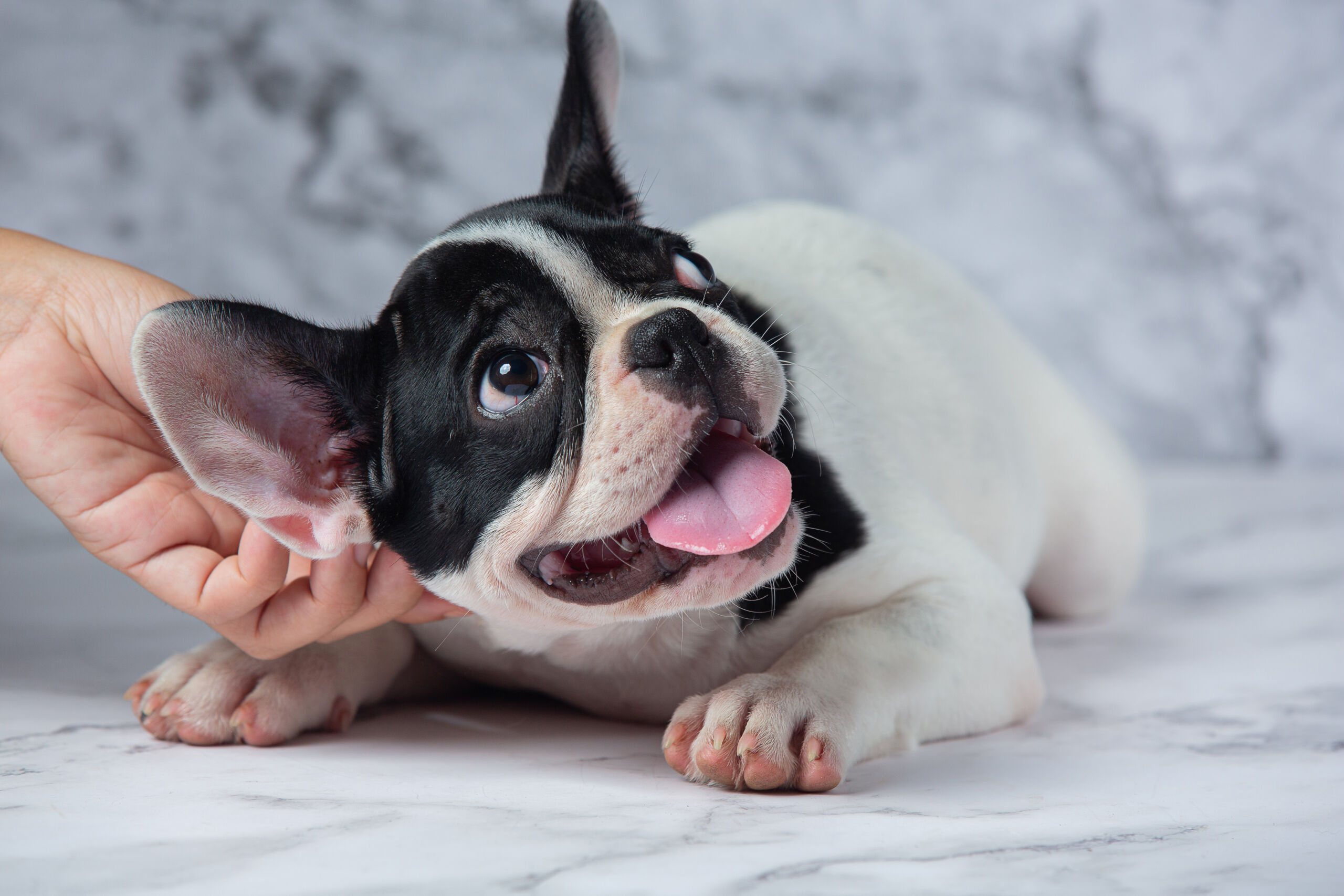The arrival of a puppy in the new home is marked by a lot of joy and discoveries – on the part of the animal and the owners themselves. The puppy will have contact with smells that he never smelled, different people, a totally unknown environment. The new pet mom or dad, on the other hand, is learning about the routine, such as sleep and feeding, and the pet’s behaviors.
In the first days of adaptation in the new home, it is common to hear the puppy crying at night. The tutor’s immediate reaction is to be concerned if he is hungry or in pain, but know this behavior is very normal.
The explanation is very understandable and you need patience to deal with the situation. Check below the reasons that trigger the puppy crying and know what to do to alleviate this.
After all, what is the explanation for the puppy crying?
The puppy is like a baby, very dependent and fragile. Until he moves to his new home, the only life he knows is that close to his mother and little brothers. The separation, especially when it is early, causes confusion in the animal’s head: a new walk, different smells, people he has had little or no contact with, an unknown house. In this adaptation, the puppy may be frightened, anxious and feel helpless.
This is where the trauma of separation occurs, which manifests itself with long hours of crying and moaning. Other possible causes for the puppy puppy crying at night are cold, accumulated energy or the inexhaustible need to receive affection.
Don’t give up at first: the puppy needs to adapt to the new home
It is good that the puppy’s arrival in the new house is in the morning so that he has more time to play and understand the dynamics of this novelty. Ideally, the litter should be separated after 60 days (about two months) of life, when weaning has occurred and the animal is more independent, but this is not always the case.
Believe me: there are people who give up on the first night and return the animal. The basic principle for having a pet is patience, especially if we are talking about a puppy. They can be a lot of work and need to be educated and socialized in the right way. The main tip is not to give up at first.
We have separated some attitudes that can help you in this adaptation process:
1) Put your clothes on the puppy’s bed
The puppy often misses a familiar smell at bedtime. One tip is to leave an outfit that you used to play with on the couch. This can make the puppy feel less alone. You can also leave several stuffed animals to create the feeling of being accompanied.
2) Leave the sound on with calm music
It is scientifically proven that some songs are capable of calming dogs and cats in situations of fear or agitation. For the first few days, leave a sound on in the room with dog tunes. It is important that it is not too loud, as their hearing is more acute than ours.
3) Spend a lot of energy on the puppy before he goes to sleep
Often, the dog crying at night is pure boredom. A very valid tip is to tire the animal enough so that it does not even remember that it is alone. Ball games are valid and, if he has already had all the vaccinations, you can also take a walk before putting him to bed. Meals also need to be taken at least 1 hour in advance to allow time for the food to be digested.
4) Warm up the puppy’s bed
Puppies are accustomed to sleeping nested and close to their mother. For the first few days in a different environment, he may miss this welcome. So, before placing it on the bed, it is worth warming the bed with a dryer in a warm temperature or placing a hot water bottle under the bed (just be careful with the temperature so as not to risk burning the animal).
Puppy dog crying at night: should I run to calm him down every time?
First of all, you need to identify the cause of the puppy puppy crying. Can he be hungry, in pain or cold? If so, it is advisable that you go to help him to alleviate this discomfort. Now if the puppy is just trying to get your attention, the attitude needs to be different in order not to reward this behavior.
We know that it is difficult to resist the call of a puppy, but if you run to welcome the animal every time he cries, soon he will understand that you can always use this trick to gain affection and attention. You can go to him when the crying stops, so he will assimilate that there is no use in the morning.
Taking the puppy to sleep next to you is not a problem, but you need to be careful that he doesn’t get used to it. If this is part of the routine, he can suffer a lot later if, for some reason, he has to sleep in another room or environment away from you.
If you liked the tips, leave a comment! I’d love to hear from you!




Leave A Comment